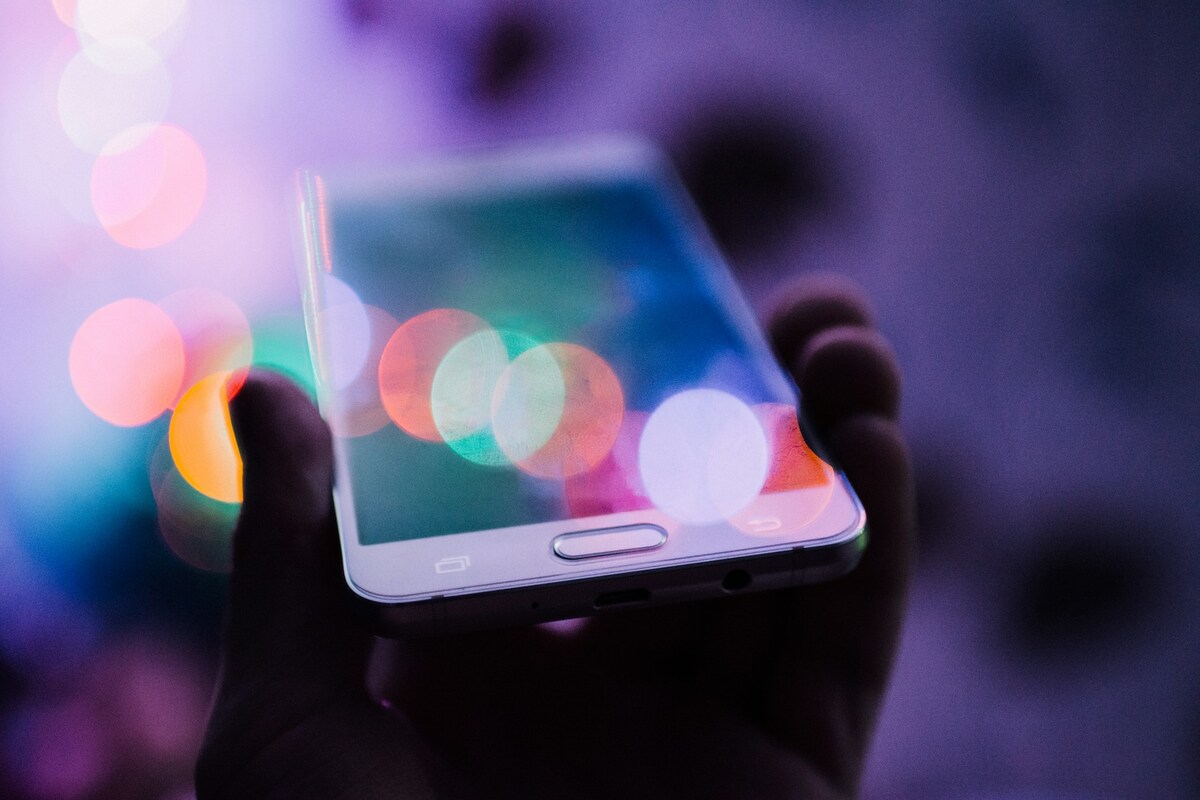
Intimacy and Inclusivity: How Digital Spaces Are Redefining Relationships
Exploring love, friendship, and inclusivity online.
Digital platforms have mashed themselves into humanity at its very core; it is more than what is simply a communication toy. They have become places of connections to form and provide nurturing to and, in some cases, redefine. These platforms ideally break down barriers of distance and time by connecting people while they aren't physically present with one another. But what they're beginning to do is change the very way we think about intimacy and inclusivity. What does that mean when emotions, trust, and understanding are created in virtual spaces? Consequently, this exploration brings us into a world of online interactions that transform closeness in both ways. We must visit the changes in connectivity in the digital era.
Building Emotional Bonds Online

In creating deep emotional connections nowadays, we are all so much more reachable than we ever were in the past. Where social distancing has been removed, previous physical distance often preventing relationship development has essentially been erased. And even if you are not meeting someone, you can build a strong bond with this person through a meaningful conversation on a messaging app or discussing anything with the members on platforms such as Nymph Club. Video calls add the extra touch to help fill that emotional gap using nonverbal cues. Happily, these tools allow people to connect, empathize, and create support for one another, even across distance, leading to long-term intimate relationships. Although we are not physically together, we keep growing closer emotionally.
Inclusivity: Breaking Barriers in Love and Friendship

Digital platforms have become important in offering disproportionate groups safe spaces to access and build reasonable connections. However, these platforms provide a sense of community, breaking down barriers that historically kept some groups from others. Examples include:
-
LGBTQ+ Communities: These online spaces, forums, social media groups, and dedicated platforms provide people with a space to share experiences, find support, and connect with others, all of which are safe and understood.
-
Cultural Exchange: In social networks, people of different cultures can interact, discuss ideas, and make friends that were uncrossable in physical spaces simply because geographic or cultural issues separated them.
-
Support for Mental Health: For example, the support that something like a mental health forum gives you, without judgment, helps you feel like you aren't alone.
Challenges of Digital Relationships

Digital relationships have many benefits, but so do their challenges, which can stifle trust and emotional content. These challenges include:
-
Miscommunication: Digital communication lacks nonverbal bases like tone of voice or body language, so it is easy to understand and interpret, especially in text-based interactions.
-
Online Misrepresentation: The internet can promote anonymity, where people make themselves into what they're not. This, however, can impede reaching mature connections and result in trust problems.
-
Lack of Physical Presence: Human connection includes physical touch and in-person interaction. These are necessary for emotional bonds to leave the relationship feeling more tangible and deep.
Redefining Relationship Norms

The digital age has adapted us to a new view of relationships and experiences. The modern relationship as we know it is now — was — unthinkable or unconventional. On a case in point, there is no hindrance to emotional attachment in long-distance relationships. Keeping ties strong from a distance: With video calls and instant messaging, couples can do that. Just like unconventional partnerships, regardless of polyamory or any other nonconventional arrangements, have also broken down the barriers for people to explore deeper layers of connection on a different and unconventional framework. In addition, intimacy has evolved in the digital space; it has not exactly evolved negatively, but intimacy has now expanded to solely our virtual lives, where we can share our emotional closeness and, in fact, affection. Yet, as they go on, these relations are becoming more personalized, flexible, and reflective of needs, and it is obvious that digital platforms are changing how we form and maintain relations at the core.
Conclusion: The Future of Connection
Boundaries that once felt impossible to break down are crumbling in the digital spaces of intimacy and inclusivity. As more people turn to online platforms to form meaningful relationships, we must ask: What will be the price of these digital connections regarding trust and authenticity? Will they forge deeper emotional bonds or bring novel problems in trust? As those relationships become further virtual, will it be possible to continue to connect globally, or will physical presence continue to be a necessary ingredient for true intimacy? These questions will determine who we are as humans in a relationship; the sound of the bell is ringing in excitement and a little fear as we enter this digital revolution of human connection.











